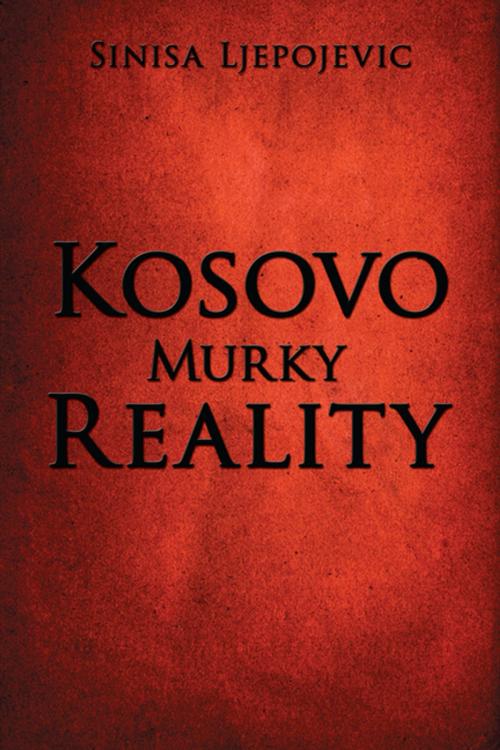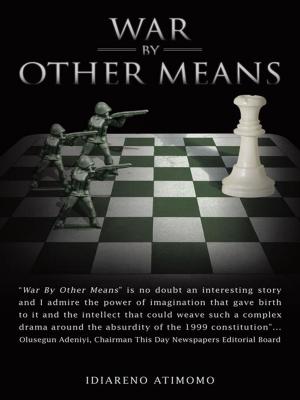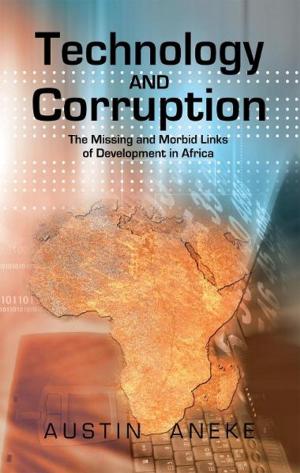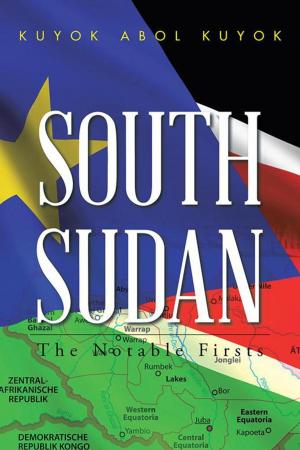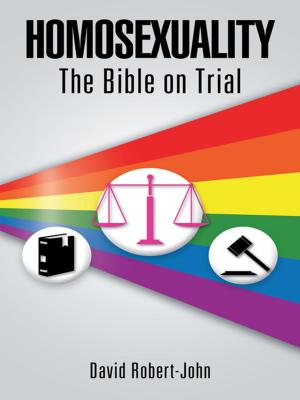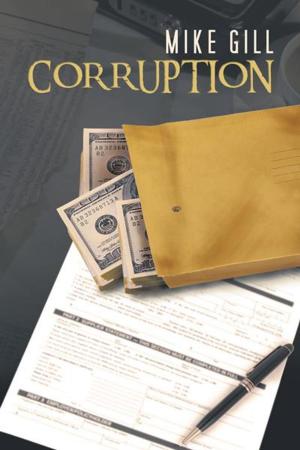| Author: | Sinisa Ljepojevic | ISBN: | 9781467022781 |
| Publisher: | AuthorHouse UK | Publication: | October 30, 2008 |
| Imprint: | AuthorHouse UK | Language: | English |
| Author: | Sinisa Ljepojevic |
| ISBN: | 9781467022781 |
| Publisher: | AuthorHouse UK |
| Publication: | October 30, 2008 |
| Imprint: | AuthorHouse UK |
| Language: | English |
Apart from historians, almost nobody in the world heard of Kosovo, a province of Serbia, a small landlocked territory in the heart of the Balkans, until March 24 1999, when NATO started a bombing campaign against then Federal Republic of Yugoslavia. Since June 1999 Kosovo is under the international administration, a kind of the UN protectorate. On 17 February 2008 Kosovo's majority Albanians unilaterally proclaimed independence from Serbia under the supervision of the EU and the NATO. It is illegal and violates the Helsinki Final Act and UN Charter. Less then 40 out of 192 UN member states have recognised Kosovo as independent. Despite the declaration of independence the international administration is to stay in Kosovo. So, Kosovo continues in a state of limbo. Is Kosovo really independent? Kosovo has become a symbol of deep crisis in international relations much more so than Iraq and Afghanistan. Therefore, Kosovo's case is not closed and the story goes on. However, the fate of Kosovo,for the time being, does not depend of its citizensbut of the international community and, most of all, of its economy. Theeconomy almost does not exist and the present Kosovo is incapable of standing on its feet. This book is trying to shed a light on those two crucil elements - the international community policy and Kosovo's economy.
Apart from historians, almost nobody in the world heard of Kosovo, a province of Serbia, a small landlocked territory in the heart of the Balkans, until March 24 1999, when NATO started a bombing campaign against then Federal Republic of Yugoslavia. Since June 1999 Kosovo is under the international administration, a kind of the UN protectorate. On 17 February 2008 Kosovo's majority Albanians unilaterally proclaimed independence from Serbia under the supervision of the EU and the NATO. It is illegal and violates the Helsinki Final Act and UN Charter. Less then 40 out of 192 UN member states have recognised Kosovo as independent. Despite the declaration of independence the international administration is to stay in Kosovo. So, Kosovo continues in a state of limbo. Is Kosovo really independent? Kosovo has become a symbol of deep crisis in international relations much more so than Iraq and Afghanistan. Therefore, Kosovo's case is not closed and the story goes on. However, the fate of Kosovo,for the time being, does not depend of its citizensbut of the international community and, most of all, of its economy. Theeconomy almost does not exist and the present Kosovo is incapable of standing on its feet. This book is trying to shed a light on those two crucil elements - the international community policy and Kosovo's economy.
